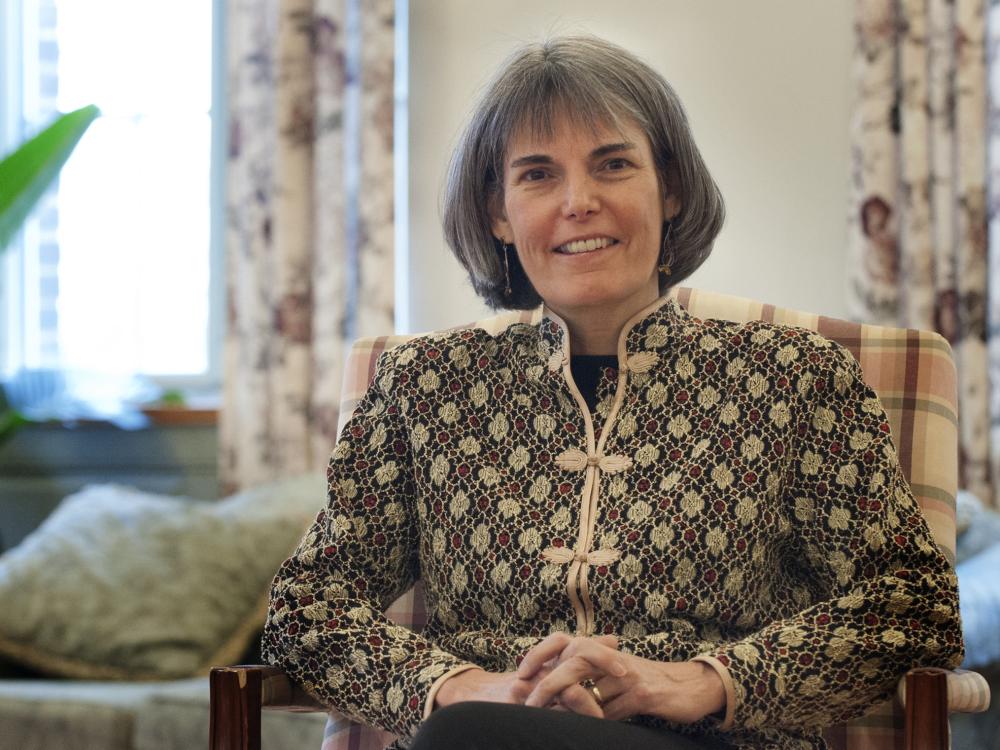
Susan McHale, a longtime faculty member in the Department of Human Development and Family Studies, is retiring after more than 40 years with Penn State.
McHale joined the department in 1980. Her research has focused on family roles, relationships, and activities, and their links with youth development and adjustment from childhood through young adulthood. One focus has been on sibling relationships and experiences, including how children from the same family sometimes develop so differently. Another has been on family gender dynamics and their links with children’s health and future choices about education, work, and family formation. Also with her colleagues, McHale has studied how family experiences, including cultural values and practices, are linked to youth and family functioning in Euro-American, Black, and Latino families.
“My academic home in Human Development and Family Studies is a special place,” McHale said. “The department has a generative and collaborative spirit, with an intellectually diverse faculty who are curious about one another’s work. Like our faculty, our students come from a range of disciplinary backgrounds, but have a shared concern for social issues that impact our world today. I can’t imagine a better combination of characteristics to motivate science that matters.”
In addition to an accomplished record of research, McHale has long been a leader at the University. She served as the director of the Penn State Social Science Research Institute (SSRI) from 2007 through 2021, a role in which she promoted cross-disciplinary and high impact research across the University.
“I learned so much during my time at SSRI. I had never imagined myself in such an administrative role, and it was such an adventure for me to lead SSRI and work with so many amazing colleagues, both in and well outside of my own field. My time in SSRI increased my appreciation for the interdisciplinary and collaborative work that Penn State is known for.”
She also served as associate director of the NIH-funded Clinical and Translational Science Institute (CTSI) from 2009 through her retirement in 2022, where she worked to advance research aimed at enhancing health, particularly in underserved populations.
“In my role at CTSI, I expanded my own research to focus on physical health. CTSI gave me opportunities to work with colleagues in the medical field who I would not have otherwise met. The institute’s mission to translate science into impacts on human health was one that resonated with me, and its work expanded my understanding of [how] interdisciplinary research can have real-world impact.”
McHale plans to continue working with former students on some of her current research projects. But she also plans to take time during her retirement to travel and spend time with her family.
“I’ve always been interested in families and now I get to really focus on my own,” she said.
“I have enormous gratitude for such an amazing 40-plus years at Penn State. I’ve known the most amazing collaborators, students, and administrators who have been a joy to work with. I’ve learned so much from them, and in working together, I think we’ve been able to accomplish a lot to make Penn State the place that it is — where people can thrive, pursue new ideas, and be part of a supportive research and academic community. In my time at Penn State, I hope I’ve been able to add to its collaborative culture and accomplishments.”